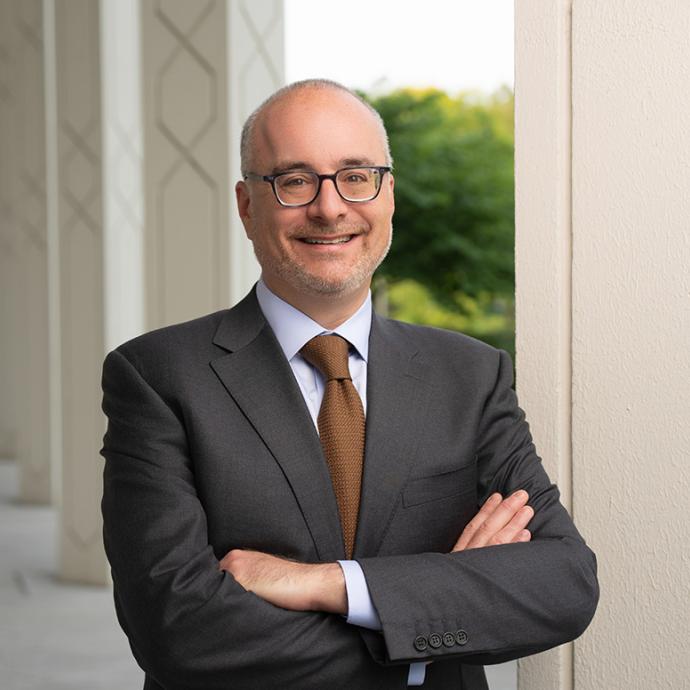Staying focused in graduate school is easier if you think of your tasks like a list on a sticky note pasted to the bathroom mirror, Judith Farquhar tells her students.
“You need a basic three–sentence statement to keep yourself on target,” said Farquhar, who encourages students to say simply what their topic is, where it will be researched and why it is important.
Graduate work can be full of sidetracks and potentially wasted, unfocused time. By having a clear statement firmly in mind, students can focus and move along in their work.
Teaching students how to make a project have meaning to other people is an important part of the work she does in her Anthropology proposal writing class. Farquhar also teaches courses in Chinese society, medical anthropology and research methods.
Many of her students need to apply for foundation grants to support their fieldwork and complete their degrees. As a result, they must know how to be persuasive in proposing a project for funding. In order to gain a broader vision of their work, students review each other’s proposals and suggest improvements; Farquhar adds her observations, based on her experiences dealing with foundation review panels.
“Proposals can’t be just about an inward–looking topic that is only of interest to one discipline,” she advised.
Farquhar specializes in the anthropology of medicine in China. She has done extensive fieldwork in China and completed her PhD in 1986 in the University’s Department of Anthropology after doing field research at the Guangzhou (Canton) College of Traditional Chinese Medicine. She continues to go to China regularly for research on health issues.
As she oversees the research work of her PhD students, she encourages them to appreciate the traditions and effectiveness of both local Chinese approaches, which include acupuncture and herbal medicines, and the Western approach, which has developed with different strengths and limitations. Such a comparative perspective has led to substantive and important work in the field, she said.
“I have a student who is looking at psychiatry and depression in China,” she said. “That research examines how the two cultures differ in the way they understand suffering. In China, the disorder we know as depression is not a very useful description of the feelings of sorrow, helplessness and ill health that take people into psychiatric clinics. This project provides a deeper understanding of individual misery, beyond the clinic,” she said.
Her students also probe the depths of Americans’ relationships with health care, and as a result, find new relationships on what people want from doctors and medicine.
“I have one MD/PhD student who is studying life–enhancement pharmaceuticals,” she said. That student is looking at ways people use Prozac and other medicines to “fine tune” their lives, rather than necessarily to treat an illness.
—William Harms










 —Prof. Kunle Odunsi
—Prof. Kunle Odunsi
